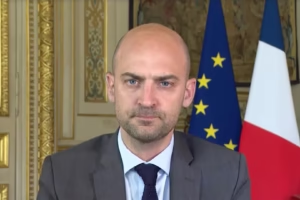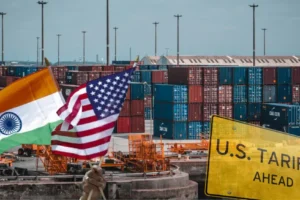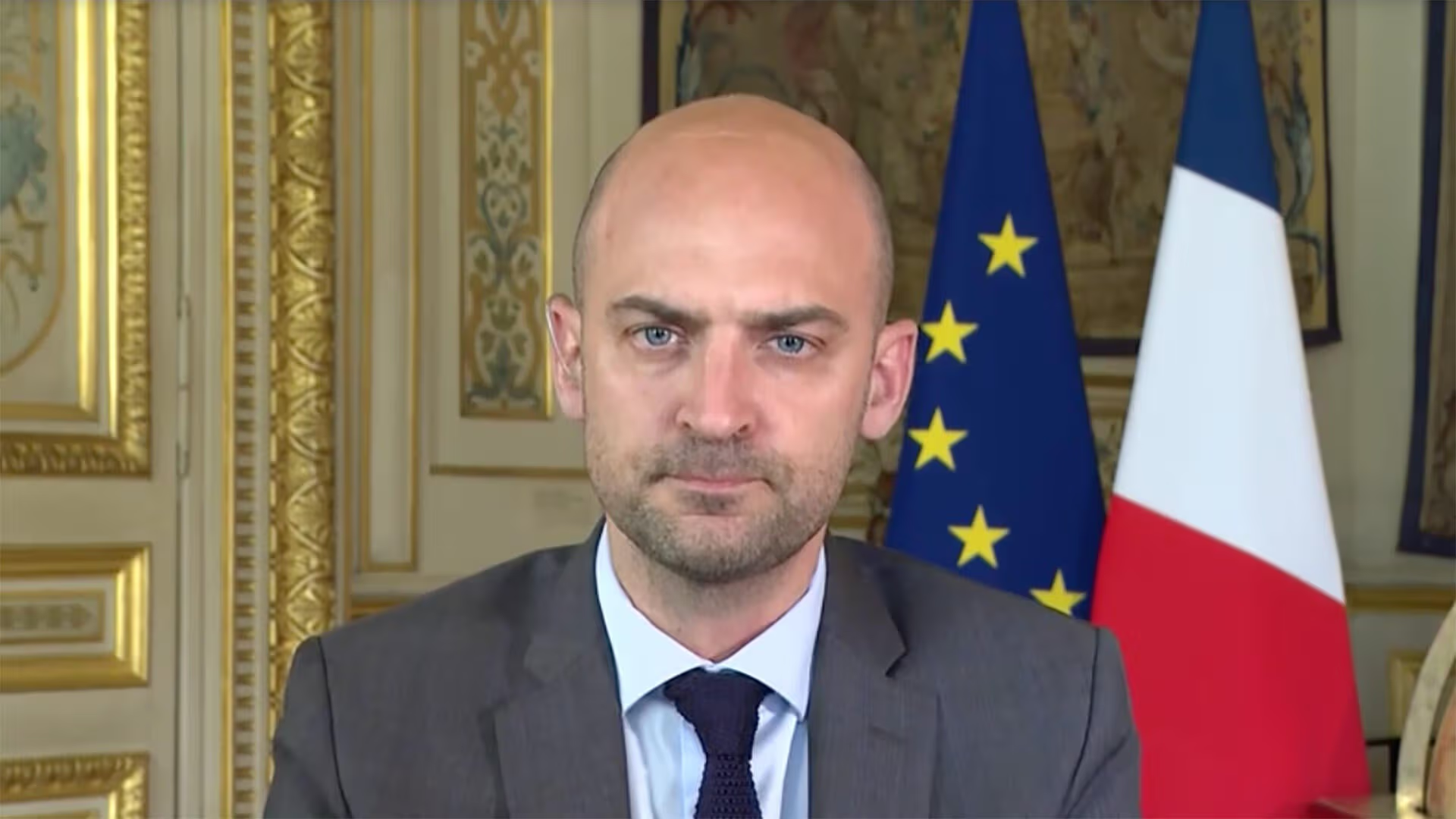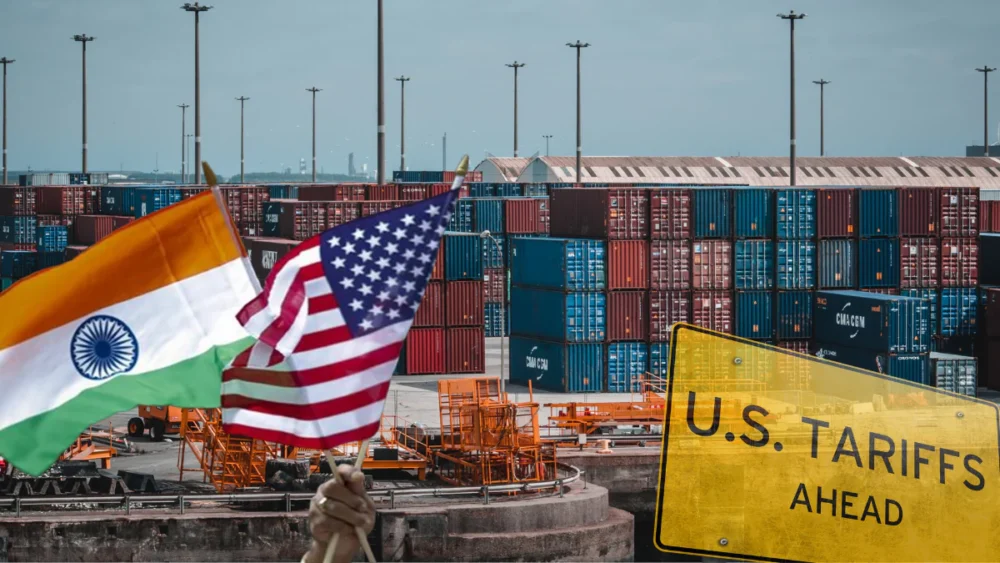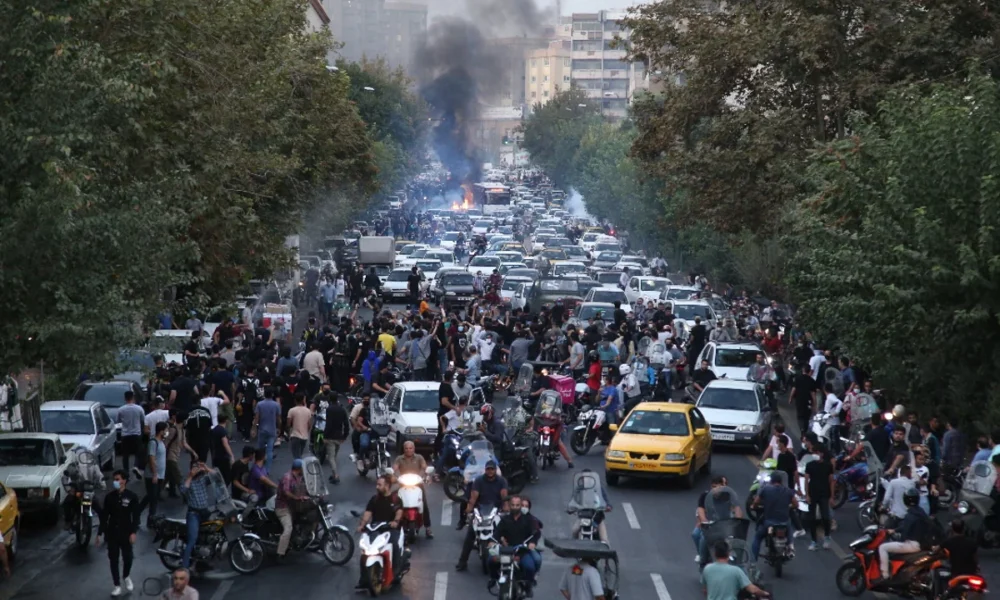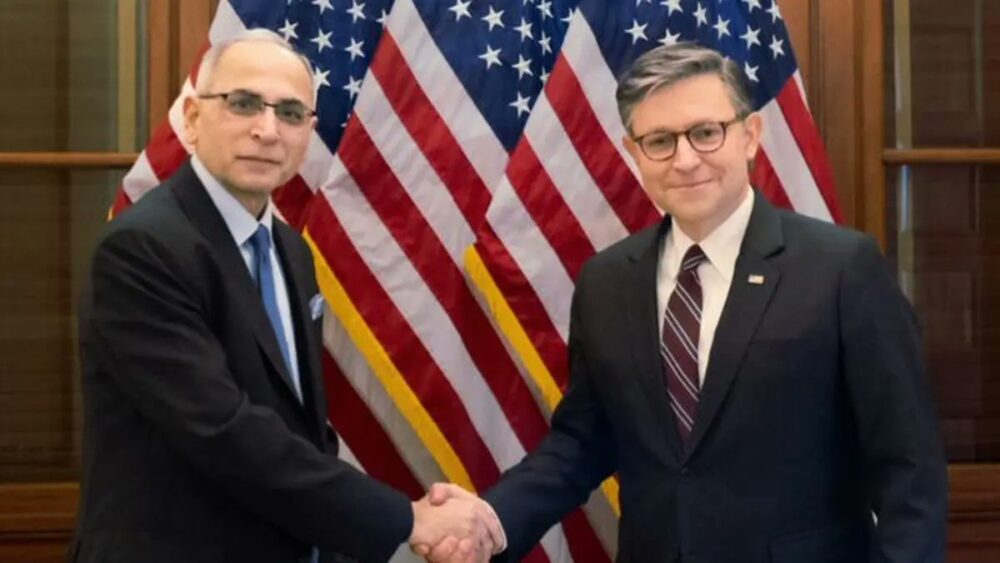In a move once thought impossible, Afghan Taliban Foreign Minister Amir Khan Muttaqi arrived in India for a week-long official visit, marking the highest-level Taliban delegation to visit New Delhi since the group seized power in 2021.
The visit underscores a major shift in India’s Afghan policy. Following meetings between Muttaqi and Indian Foreign Minister S. Jaishankar, New Delhi announced plans to reopen its embassy in Kabul, which had been closed since the Taliban takeover four years ago.
India’s Pragmatic Turn
Once a staunch supporter of Afghanistan’s former Western-backed government, India’s engagement with the Taliban highlights strategic pragmatism. Both nations now appear committed to strengthening diplomatic and economic ties amid shifting regional realities.
Jaishankar emphasized that closer cooperation would foster Afghanistan’s development and regional stability, while Muttaqi called India a “close friend”, expressing optimism about renewed relations.
The Afghan delegation’s agenda includes meetings with Indian business leaders, underscoring a shared interest in trade and investment despite India’s non-recognition of the Taliban government.
Regional Power Dynamics at Play
Muttaqi’s India visit comes at a time of strained Taliban–Pakistan relations, marking a significant shift in Afghanistan’s diplomatic strategy. Analysts note that the Taliban are now seeking to diversify alliances and demonstrate independence from Islamabad, while Pakistan views the visit with unease.
Experts suggest this outreach helps the Taliban gain legitimacy and reduce dependency on Pakistan. It also enhances India’s strategic leverage in the region, where influence has long been contested between Delhi and Islamabad.
A Slow but Steady Reconnection
After the 2021 Taliban takeover, India had shut its Kabul embassy and halted visa services for Afghans. Yet, by mid-2022, New Delhi began cautiously restoring contact, deploying a “technical team” to oversee humanitarian aid.
In the following years, India gradually reissued visas, allowed Taliban envoys to operate in the country, and reopened consulates in Mumbai and Hyderabad. Recent meetings between Taliban and Indian officials in Dubai further strengthened this diplomatic thaw.
Strategic Motivations
India’s engagement with the Taliban is driven by national security and regional stability. New Delhi remains concerned about the presence of groups such as ISIS, al-Qaeda, and pro-Pakistan militants in Afghanistan. The Taliban, in turn, have reassured India that Afghan soil will not be used for terrorist activities against it.
Moreover, closer ties with Kabul enhance India’s connectivity to Iran and Central Asia, countering Chinese and Pakistani influence in the region through the China–Pakistan Economic Corridor (CPEC).
A New Era of Realpolitik
While both India and the Taliban remain cautious due to past tensions, this visit signifies a transformative moment in South Asian geopolitics. It reflects a growing acknowledgment that pragmatic engagement outweighs ideological divides.
As the Taliban seek legitimacy on the world stage and India looks to secure its regional interests, their diplomatic rapprochement could reshape Afghanistan’s future—and the balance of power in South Asia.




